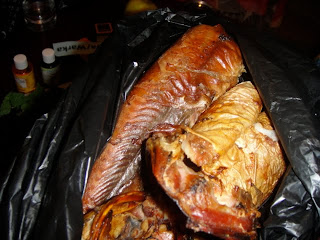I went to the ECD on JJB, or nursery on the island yesterday. Having ambled unhurriedly down the dusty track, sweat dripping, the cacophony of noise led the way. Greeted like a long lost friend by staff, children and caretaker alike, the inevitable white plastic garden chair was procured from the locked resource cupboard. I surveyed my surroundings.
Behind me the head’s cubbyhole, dark, gloomy and full of tatty handwritten papers and books that are becoming synonymous with all offices. The inevitable well-thumbed visitors book is placed obviously for all to see and sign. Woe betides the person who leaves without their signature, the heavens will surely open upon them. Unmarked front covers of dust patina books lie in an unruly mess with no clues as to what essential documentation might lie therein. Disorganised chaos abounds.
To my right I hear chanting of children rote learning numbers to ten. The scruffy urchins of the street have scrubbed up well into smart uniformed beings, hair meticulously and imaginatively braided into sculptures and ornate forms like undersea corals. The classroom is nearly bare, except for the puzzle balanced precariously. None of the pieces move – the teacher has stuck them in the correct place. A few sticks litter the classroom and I try not to use my imagination as to their use, pointers maybe, or a maths aid? I fear not. Corporal punishment is discouraged but still occurs.
In front of me are the babies, one having his ‘first day ab dabs’. My white skin and smile distract him as he snuggles onto my lap and gently squeezes my arm and strokes my hair.
These children like to dance, mimicking the Gambian way of bottom out and feet stomping, ample derriers are things to show off and be proud of here.
And then there is Basiro, a lad of two and a half, too young to be a pupil but relative of someone in the right place. See, butter wouldn't melt.
They refer to him as stubborn. I guess I would call him a tinker who has no guide lines. He terrorises all in his path, hitting and smacking any passing body part, desperate for attention. Known throughout the town he struts around with no trousers and a protruding belly button, confident in his own being. Bit like Pete at home really!









